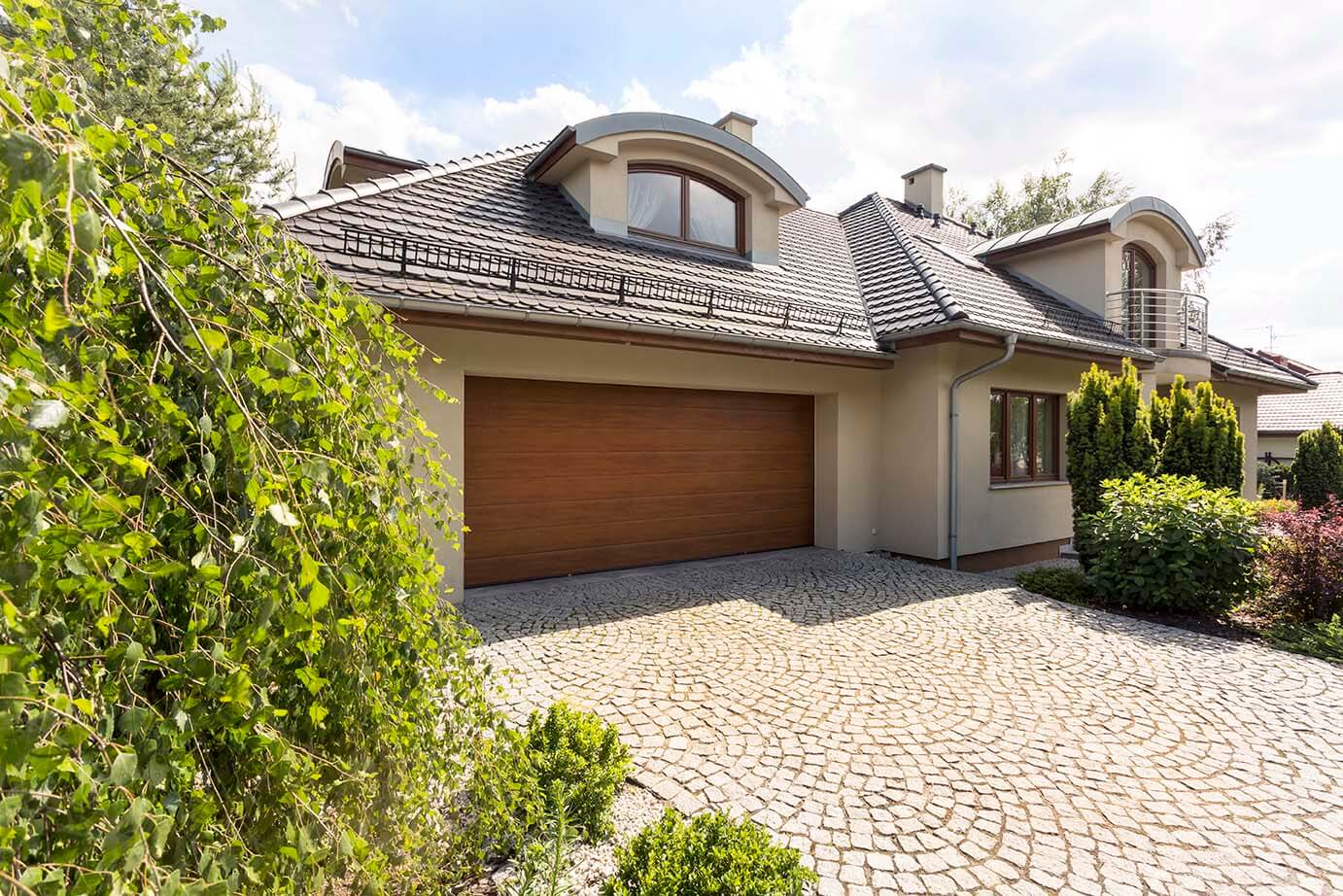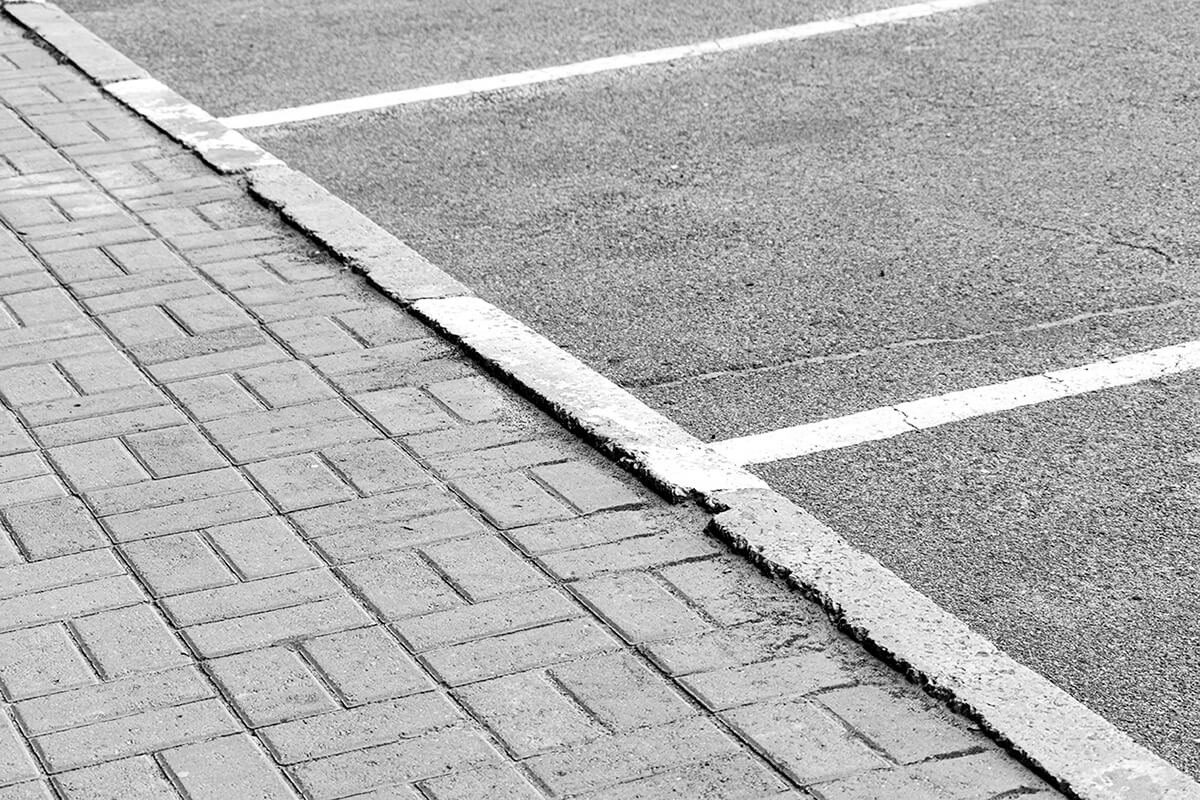A Pros And Cons List To Help You Decide
You’re looking to build a congregational area in your backyard, something that’s physically sequestered from the rest of the landscaping and can withstand the Ottawa winter? Should you build a wood deck or an interlock patio? Let’s discuss!
Both options offer benefits but have downsides all the same. To help you make a decision between the two, we’re going to go into the specifics of both options below.
What’s the Difference Between a Patio and a Deck?
A deck is a raised platform that typically possesses several feet of space between it and the ground below. It touches the home and extends out anywhere from 5 to 10 meters and sometimes more.
Decks are generally equipped with steps, thus allowing individuals to get on and off of them with comfort and ease. They also tend to possess railings, providing individuals with something to grab onto and/or lean against as needed. Decks can be made out of a variety of different materials. While wood is the most common, engineered wood, composite, and even metal are also sometimes used.
Patios, on the other hand, sit flat on the ground. While they can sit flush against their respective homes, they don’t always. In other words, there can be space between your patio and your house. These don’t possess any railings and don’t necessitate steps. Patios are made out of stone, brick, or concrete, with tons of style options available.
What Adds More Value to a Home?
Both decks and patios will add value to their respective homes. That said, patios do add more value. Not only are they cheaper to install but they also have a 100% return on investment.
Decks, on the other hand, offer around a 75% return on investment. So, if value added is your main priority, you should go with a patio over a deck.
What’s Easier to Build?
When it comes to the ease at which each option is built, it’s really not even close: interlocking patios are much easier to build than decks. This is because interlocking patios can essentially just be snapped together.
Decks, on the other hand, require extensive cutting, nailing, preparation, and planning. If you’ve never built a deck before, you’re going to struggle to do it on your own. Building an interlocking patio, on the other hand, is a great project for DIYers.
Maintenance
Interlocking patios don’t really need much maintenance. Generally speaking, they just need to be cleaned from time to time. Wood decks, on the other hand, need to be cleaned, stained, and sealed.
Not only are wood decks more difficult to maintain but more expensive to maintain as well. However, decks can be very aesthetically pleasing and offer amazing decor options and variations.
Resistance to Weather
As far as weather resistance goes, patios are tougher. Stone and concrete will thrive through both heavy rain and harsh sunlight. Wood, on the other hand, is susceptible to both. Of course, you can help prolong the lifespan of a wood deck by sealing it and cleaning it.
What Is Cheaper?
Neither decks nor patios are particularly expensive. They both offer tons of value for their price. That said, patios tend to run a bit cheaper than decks, but exact costs vary based on a variety of different factors.
Decks
Elevated off of the ground, decks are not just aesthetically pleasing but functionally beneficial as well. There are tons of pros to decks but a few cons as well. We’ll get into these below.
Pros
One of the primary pros of decks is their appearance. Decks provide an instant aesthetic shot to the properties upon which they’re built. Capable of being painted and stained to take on a number of different looks, they’re highly customizable.
In addition, decks offer elevation. This gives users a loftier feel when they’re standing or sitting on them. This can enhance the atmosphere during get-togethers.
Another pro of decks is that they can be used for storage. Because they’re elevated, you can easily place items underneath them.
Finally, they’re good for uneven terrains. In other words, if you have a hilly yard, they’re much easier to install than patios.
Cons
Wood decks are susceptible to rain and sunlight. Therefore, their lifespans tend to be limited to around 20 years or more. To get to this point, they require a certain amount of maintenance.
Interlock Patio
Interlock patios are simple, straightforward, and effective. They thrive on a number of fronts. Nonetheless, they have some cons. The pros and cons of interlock patios will be detailed below.
Pros
Tough, durable, and low-maintenance, interlock patios are designed to thrive through all manner of inclement weather. Not only are they highly resistant to water but sunlight as well. Plus, they can withstand a substantial amount of direct physical impact.
They’re also aesthetically impressive. Coming in a variety of shapes, colors, and styles, they look great on properties of all kinds.
An affordable patio option, interlocking patios are easy to install for both professionals and DIYers alike.
Cons
There are a few cons associated with interlocking patios. For one, they’re not easy to install on uneven or hilly terrains. If you are going to install them in a hilly yard, you’ll have to grade the yard first, shifting soil around prior to putting the patio down.
The only other con to note is that, unlike decks, interlocking patios aren’t elevated. As such, they don’t quite provide the same view as decks. On the other hand, they do allow for a little more privacy.
Looking for Interlock Patio Installation?
As you can see, both interlock patios and wood decks have upsides. At the end of the day, it all comes down to personal preference. But if you’re interested in interlock pavement over wood decking, we’re the company to call.
We supply Ottawa interlock patio installations all over the surrounding area. We’ll be sure to build you a backyard patio that’s both aesthetically pleasing and functionally impressive
Contact us now to get the process started!






